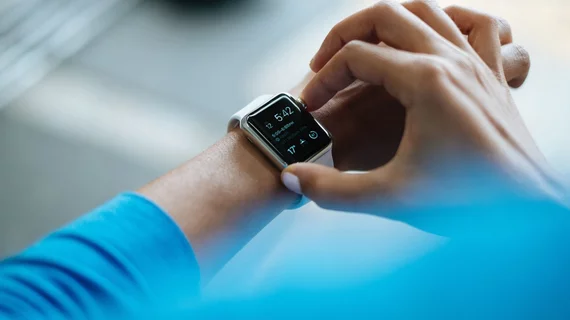Use a wearable? Share your data with researchers fighting flu, COVID
Scripps Research is recruiting volunteers to contribute anonymized data on their resting heart rate and, optionally, to report signs of viral illness like fever or coughing.
Calling the project DETECT—for Digital Engagement & Tracking for Early Control & Treatment—the institute is opening its effort to all U.S. adults who use a wearable smartwatch or activity tracker in combo with either the Google Fit or Apple HealthKit smartphone platform.
The aim of project leaders at Scripps Research, which is headquartered in California and has a sister campus in Florida, is to quickly identify areas with viral outbreaks.
“By contributing your data, you will join thousands of other individuals as ‘citizen scientists,’” states an online call for participants. “You will be empowered to take control of your own health, as well as help public health officials stop the outbreak of influenza-like illness within larger communities.”
Click here to consider the invitation and here for the particulars on participating.

